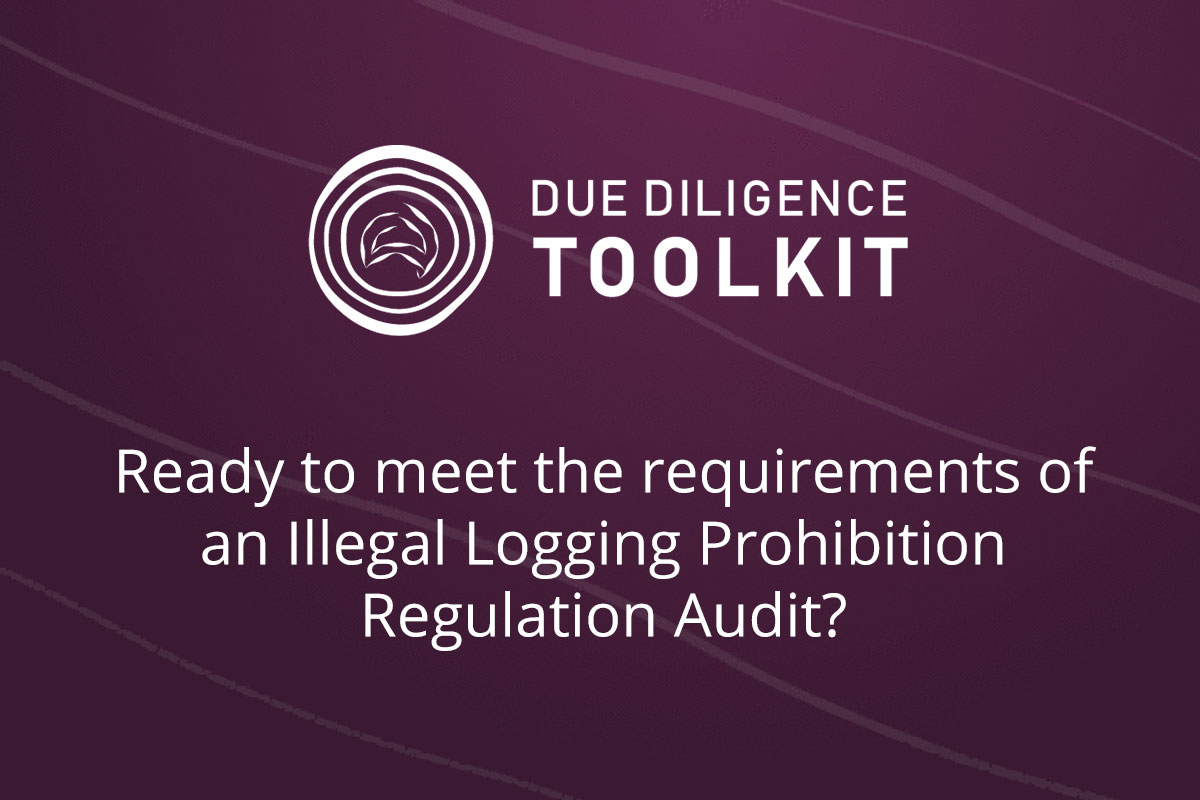
Ready to meet the requirements of an Illegal Logging Prohibition Regulation Audit?
The AFA is currently working closely with the Department and various stakeholder groups to finalise the Australasian Furnishing Due Diligence Toolkit to assist businesses with this complex matter. The toolkit is due for completion and launch on January 1, 2018.
So if you import timber products why do you need this resource?
KMPG recently conducted an independent Review, commissioned by the Department of Agriculture, to investigate the impact of the Illegal Logging Prohibition Regulation 2012 (the Regulations) on small business (the Review). Despite being the largest cohort by number, micro businesses imported the least in terms of value (at $344 million) as compared with other business sizes, with furniture imports accounting for approximately half of this value (54 percent). Furniture product imports ($332 million) accounted for the largest share by value of small business imports, echoing micro business. Fourteen percent of all businesses interviewed have limited, if any familiarity with the Regulations, and are yet to undertake any due diligence activities.
76% would have failed an audit. During the consultation, in the course of the Review, both industry and other stakeholders emphasised that importation of illegal logged timber and timber products into Australia has the potential to both harm domestic producers and legitimate exports from higher risk sources through damaging the brand image of timber and related products. Australia imported around USD$400 million of illegally logged timber products per annum or 9 percent of total imports. This figure is in part attributable to Australia trading in higher risk timber products or with higher risk countries, with approximately half of Australia’s share of the problem related to furniture ($214 million), making it Australia’s highest risk timber product chapter import. It is suggested that 22 percent of furniture imports are suspected to contain illegally sourced timber.
Has your business taken additional risk mitigation steps to satisfy the requirements of the regulations?
Following the review some:
· businesses requested further information from their supplier after the initial information request was responded to;
· businesses requested information beyond their immediate supplier;
· businesses changed supplier within the same region after being dissatisfied with the supplier’s response to information requests;
· businesses moved to a supplier from another region after being dissatisfied with the supplier’s response to information requests; and
· businesses stopped importing a product entirely after being dissatisfied with the supplier’s response to information requests.
To learn more contact Or for more information contact the AFA’s Membership Manager Edi Re via email membership@oldsite.australianfurniture.org.au
*source Independent Review of the impact of the illegal logging regulations on small business, Department of Agriculture, 28 March 2015, KPMG
